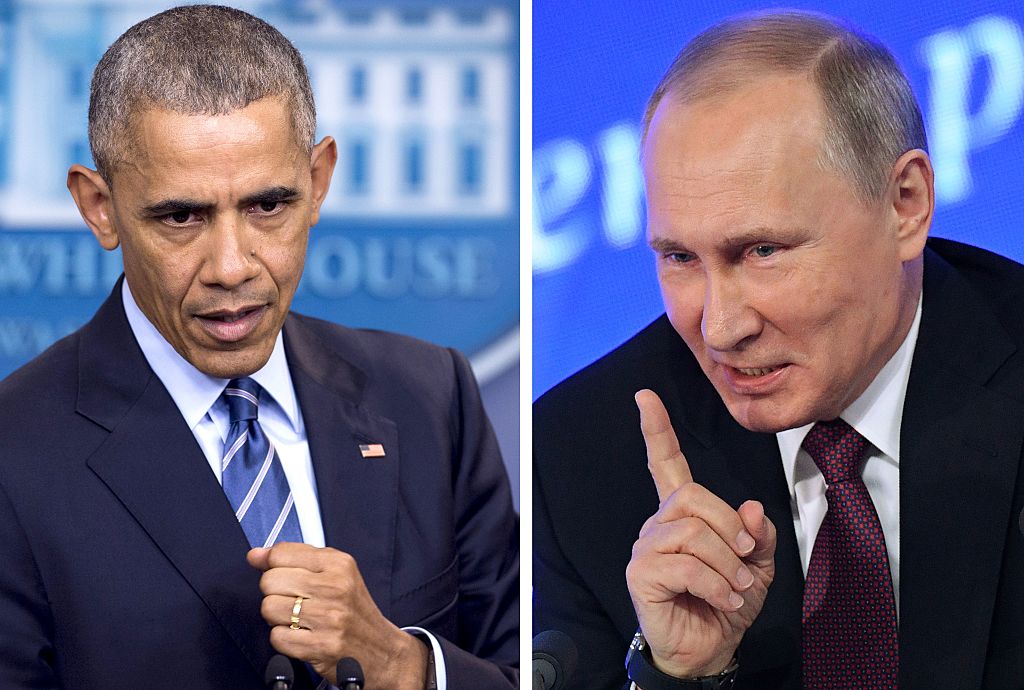Russia's 2016 election hacking was deeper, wider than reported, hitting 39 states


A free daily email with the biggest news stories of the day – and the best features from TheWeek.com
You are now subscribed
Your newsletter sign-up was successful
Russia's cyber-meddling in the 2016 election "was far more widespread than has been publicly revealed, including incursions into voter databases and software systems in almost twice as many states as previously reported," Bloomberg News reports, citing "three people with direct knowledge of the U.S. investigation into the matter." One of the sources said 39 states were hit by Russian cyberattacks in the summer and fall of 2016, and "the scope and sophistication so concerned Obama administration officials that they took an unprecedented step" in October, Bloomberg reports: "complaining directly to Moscow over a modern-day 'red phone.'"
The report reinforces and adds details to the NSA documents leaked to The Intercept, alongside Sen. Mark Warner's (D-Va.) vague assertion that the Russian cyberattacks are "broader than has been reported so far." Starting with Illinois, investigators uncovered evidence that Russian hackers had unsuccessfully tried to alter or erase some information in voter databases, suggesting that Russian intelligence was preparing to disrupt or attempt to discredit the election, not just release well-timed information on Hillary Clinton's associates and the Democratic National Committee, Bloomberg reports:
That idea would obsess the Obama White House throughout the summer and fall of 2016, outweighing worries over the DNC hack and private Democratic campaign emails given to Wikileaks and other outlets, according to one of the people familiar with those conversations. The Homeland Security Department dispatched special teams to help states strengthen their cyber defenses, and some states hired private security companies to augment those efforts. [Bloomberg News]
The attacks on the 2016 election did not succeed in disrupting the vote, the sources say, but they do "paint a worrisome picture for future elections: The newest portrayal of potentially deep vulnerabilities in the U.S.'s patchwork of voting technologies comes less than a week after former FBI Director James Comey warned Congress that Moscow isn't done meddling." You can read more at Bloomberg News.
The Week
Escape your echo chamber. Get the facts behind the news, plus analysis from multiple perspectives.

Sign up for The Week's Free Newsletters
From our morning news briefing to a weekly Good News Newsletter, get the best of The Week delivered directly to your inbox.
From our morning news briefing to a weekly Good News Newsletter, get the best of The Week delivered directly to your inbox.
A free daily email with the biggest news stories of the day – and the best features from TheWeek.com
Peter has worked as a news and culture writer and editor at The Week since the site's launch in 2008. He covers politics, world affairs, religion and cultural currents. His journalism career began as a copy editor at a financial newswire and has included editorial positions at The New York Times Magazine, Facts on File, and Oregon State University.
